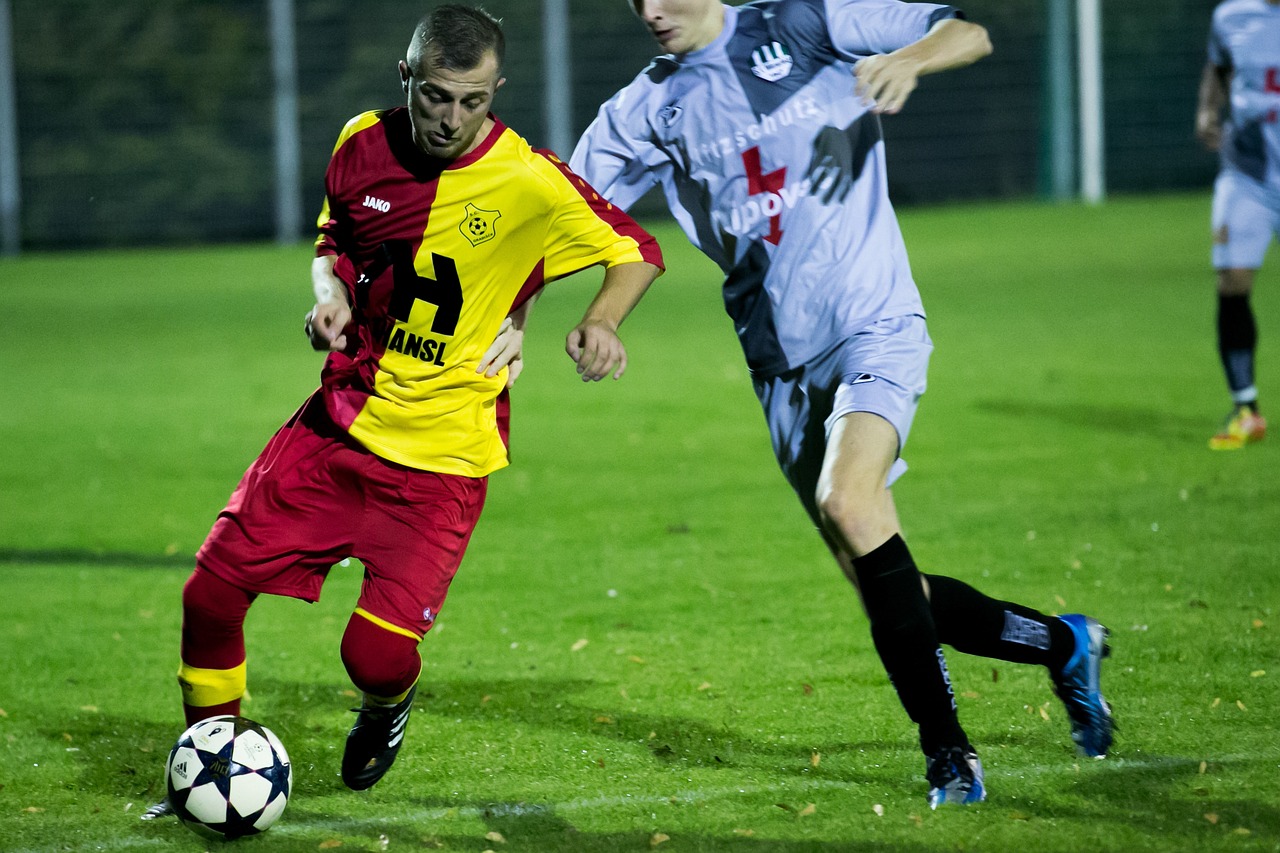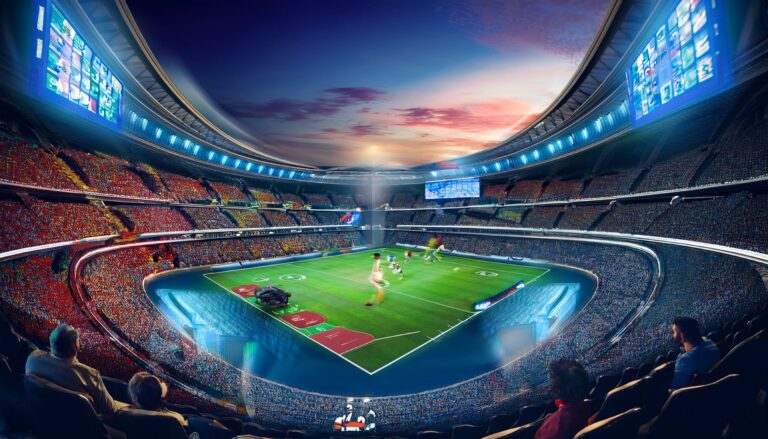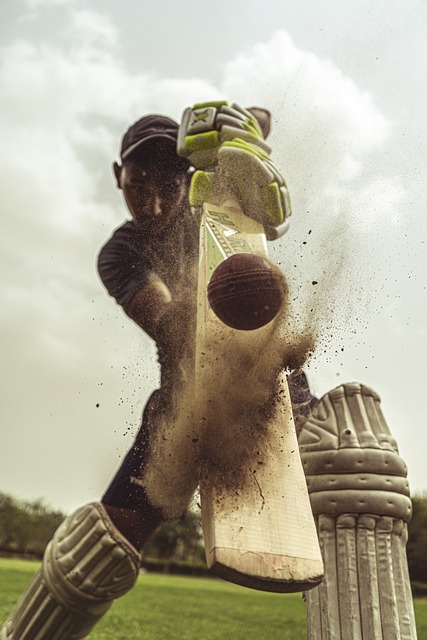Legal Issues in Athlete Endorsement Contracts in Cricket: Sponsorship Agreements: Betbook250, 11xplay.pro/login, Yolo247 login
betbook250, 11xplay.pro/login, yolo247 login: Athlete endorsement contracts in cricket, also known as sponsorship agreements, are a crucial aspect of a player’s career. These contracts not only bring in significant revenue for the athlete but also help promote brands and products to a wider audience. However, there are several legal issues that both athletes and brands need to consider when entering into these agreements.
1. Importance of Clear Terms:
One of the key issues in athlete endorsement contracts is ensuring that the terms are clear and unambiguous. Both parties should clearly outline the rights and obligations of each party, including the duration of the agreement, the scope of the endorsement, the compensation, and any performance expectations.
2. Rights of Publicity:
Athletes have a right of publicity, which allows them to control the commercial use of their name, image, and likeness. When entering into an endorsement contract, athletes must ensure that the agreement includes provisions outlining how their name and likeness will be used by the sponsor.
3. Intellectual Property Rights:
Another important legal issue in athlete endorsement contracts is the protection of intellectual property rights. Athletes should ensure that the agreement addresses who owns the intellectual property rights associated with the endorsement, including any logos, trademarks, or slogans created for the endorsement.
4. Exclusivity Clauses:
Many endorsement contracts include exclusivity clauses, which prevent athletes from endorsing competing products or brands during the term of the agreement. Athletes need to carefully consider the scope of these clauses and ensure that they do not unreasonably restrict their ability to generate income from other endorsements.
5. Termination Provisions:
Athlete endorsement contracts should include provisions for termination, outlining the circumstances under which either party can terminate the agreement. These provisions should also address any penalties or consequences for early termination by either party.
6. Dispute Resolution:
In the event of a dispute between the athlete and the sponsor, the endorsement contract should include provisions for resolving the dispute, such as through mediation, arbitration, or litigation. Including these provisions can help avoid costly and time-consuming legal battles.
FAQs:
Q: Can athletes negotiate the terms of their endorsement contracts?
A: Yes, athletes have the right to negotiate the terms of their endorsement contracts, including the compensation, duration, and scope of the endorsement.
Q: What should athletes consider before entering into an endorsement contract?
A: Athletes should carefully review the terms of the agreement, seek legal advice if necessary, and ensure that the contract protects their rights and interests.
Q: How can athletes protect their intellectual property rights in endorsement contracts?
A: Athletes can protect their intellectual property rights by including provisions in the agreement that clearly define who owns the rights to any logos, trademarks, or slogans created for the endorsement.
In conclusion, athlete endorsement contracts in cricket are complex legal agreements that require careful consideration and negotiation. By addressing key legal issues such as clear terms, rights of publicity, intellectual property rights, exclusivity clauses, termination provisions, and dispute resolution, athletes can ensure that their endorsement contracts are fair and beneficial to all parties involved.







